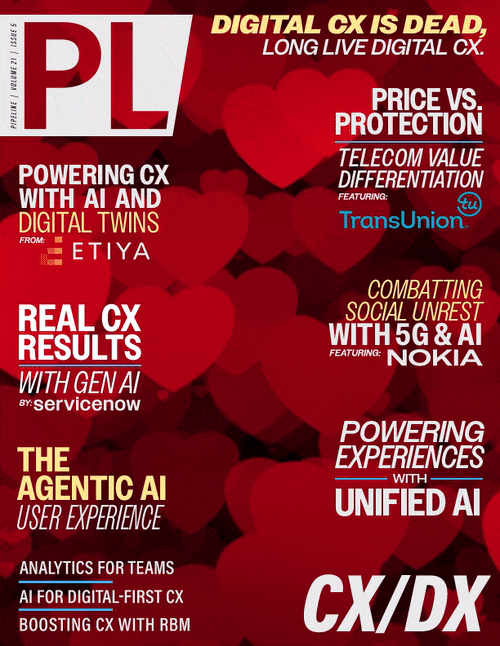MetTel Launches First IoT Single SIM that Auto Connects Devices to Strongest SignalCommunications Services provider MetTel has introduced a cloud-connected chip that it claims securely tracks products, connects devices, and solves real-time supply issues using a 650-plus global carrier networkThe futuristic dream of the universal, invisible and always-on Internet of Things (IoT) is coming into view with the first SIM that intelligently roams to identify and automatically connect to the strongest signal globally, MetTel announced today. MetTel, a fast-growing communications provider for businesses, has launched IoT Single SIM which ensures the best possible connectivity no matter the device or location, changing the game for supply chain complexity, retail issues, home health care and other industry challenges. No other Single SIM can securely connect devices automatically to the IoT with the strongest signal via the four major US and 650 worldwide carriers, comprising the world's largest communications network. The MetTel Single SIM offers real-time data on-session activity that provides a current view of product status and location on anything from a mobile phone to a jet engine. It also archives the past 48 hours of sessions for reference and analysis. Geo-fencing gives the MetTel IoT Single SIM the ability to proactively self-report when it has entered special zones or reached its destination, so businesses are making informed decisions with always-on mobile tracking, engineering and analytics. The IoT and machine-to-machine (M2M) market is growing exponentially. Gartner projected that, by this year, 8.4 billion connected devices would come online. To provide the best environment for this rapid growth, companies need to enable devices with the ability to connect instantly and adapt connectivity on the go. "IoT Single SIM represents a breakthrough given its ability to securely connect and continuously report the progress of any product or component as it treks through the global supply chain," said Max Silber, vice president of mobility and IoT, MetTel. "The Single SIM is but one key part of the holistic approach MetTel takes to IoT. With always-on connectivity that isn't dictated by device, carrier or location, this solution can effectively decrease mobility costs for major organizations, increase supply chain automation capabilities, and bring telehealth connectivity and deployment into rapid adoption. The net outcome is ensuring the overall business process of delivering a service or product is streamlined, efficient and profitable." MetTel serves as chief architect and general contractor working with a range of business partners including carriers, resellers and technology solution providers in a diverse, expanding ecosystem. MetTel serves a wide range of clients across industries that are connecting integral assets to the IoT network including parking meters, computing devices, digital displays, and a range of equipment in industries such as retail, healthcare, energy, manufacturing and distribution, food and beverage. Industry use cases the company is already seeing take shape, include:
While IoT Single SIM currently resides on a hardware chip, it utilizes an eSIM-ready infrastructure. eSIM-based technology changes the way SIM profiles are managed. Conceptually, an eSIM can host multiple profiles and work with all form factors, morphing from one type of carrier SIM to another, thereby making it universal. Although the eSIM has not yet arrived on the market, similar capabilities can be realized today with the MetTel IoT Single SIM. The difference is that the eSIM's self-contained IMSI identity marker allows it to autonomously shift forms while MetTel's version boasts unlimited IMSI in the cloud, providing MetTel and its clients with greater control over the IoT Single SIM's transformations from one carrier network to another. Source: MetTel media announcement | |

















